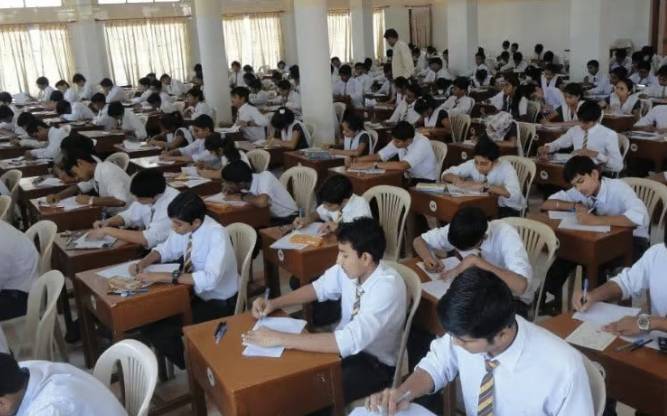The University of Health Sciences (UHS) has approved sweeping changes to its assessment policy, announcing that all theory exams will be conducted entirely through multiple choice questions (MCQs) starting in 2026, according to Dawn News. The decision was made at the 40th meeting of the UHS Academic Council, chaired by Vice Chancellor Prof Dr Ahsan Waheed Rathore.
Under the new policy, short essay questions (SEQs) will be discontinued in all exams, including MBBS, from next year. Both undergraduate and postgraduate students will be assessed solely through structured, standardised, and objective formats. To pass, candidates must secure at least 65 percent marks in both the theory and practical components.
Prof Rathore said the reforms aim to make assessments more fair, transparent, and aligned with international standards. “Traditional essay-based exams often lacked objectivity and consistency. The new system will ensure uniform evaluation and timely result declaration for thousands of students,” he explained. “Our goal is to produce competent, ethical, and globally competitive healthcare professionals through reliable and evidence-based assessments.”
The UHS Academic Council also approved a quality assurance framework for the new policy, which includes examiner training, question blueprinting, post-exam moderation, and data-driven analysis. Practical exams will now be conducted in OSPE and OSCE formats, while internal assessment will retain a 20 percent weightage.
The university will first pilot the MCQ-only format in nursing exams in 2025 before full implementation in 2026. Prof Rathore noted that the reform follows months of consultation with faculty from medical and dental colleges across Punjab. “This policy reflects a collective academic consensus and brings UHS in line with the best practices recommended by the World Federation for Medical Education and the Pakistan Medical and Dental Council,” he said.
The meeting was attended by principals and senior faculty members from affiliated institutions, who endorsed the move as a step toward modernisation and academic excellence.




